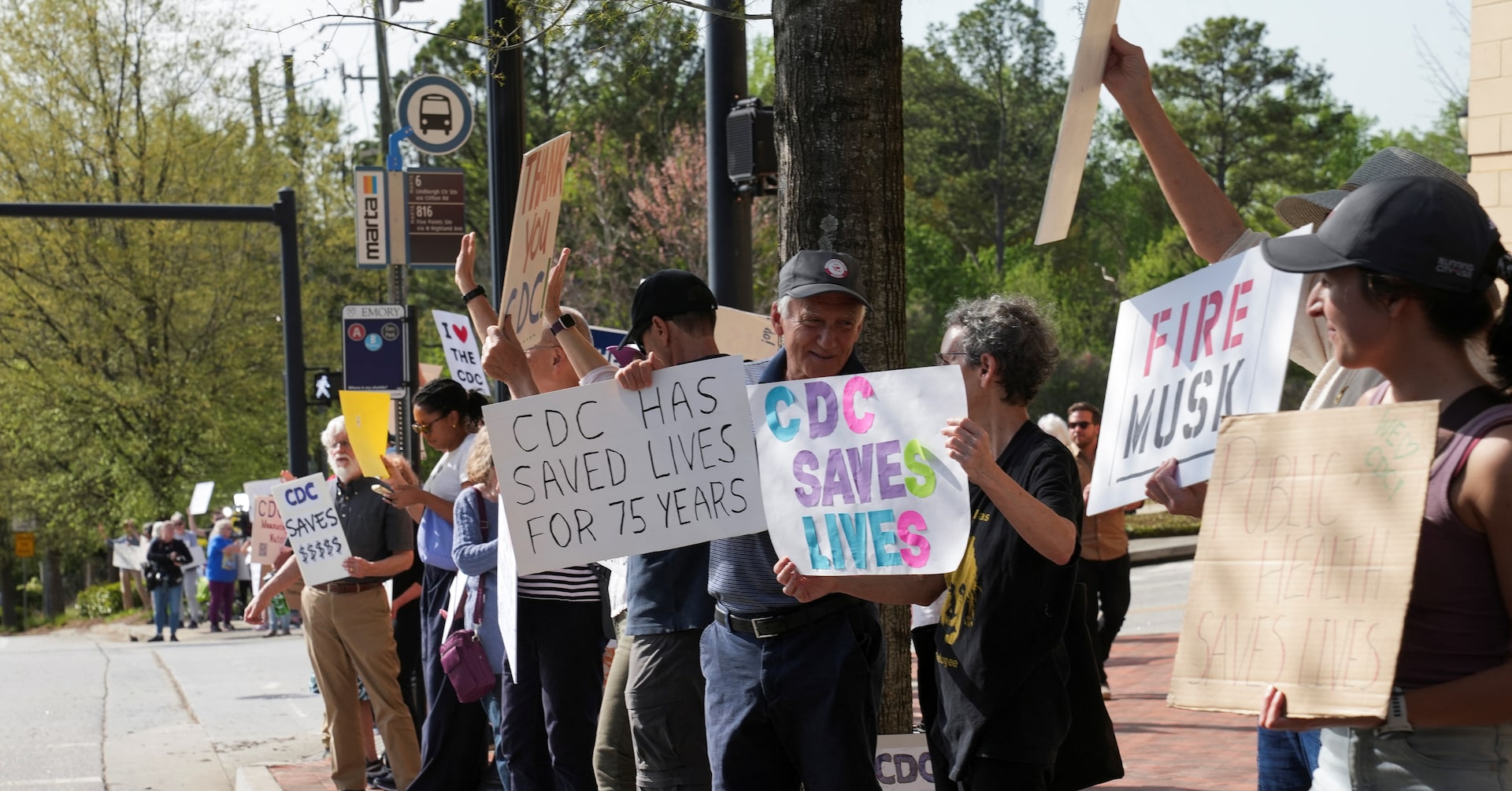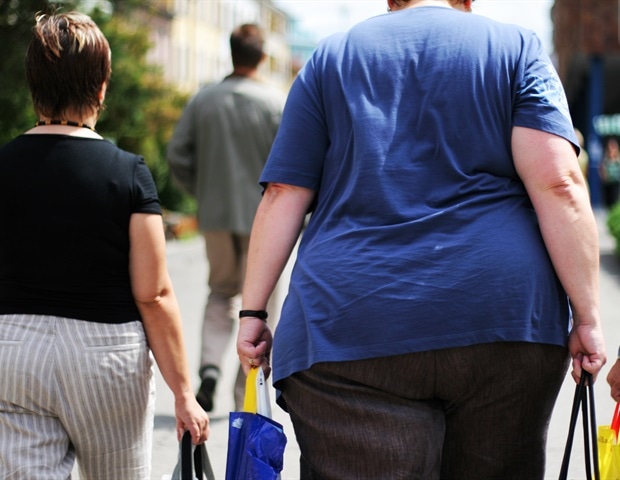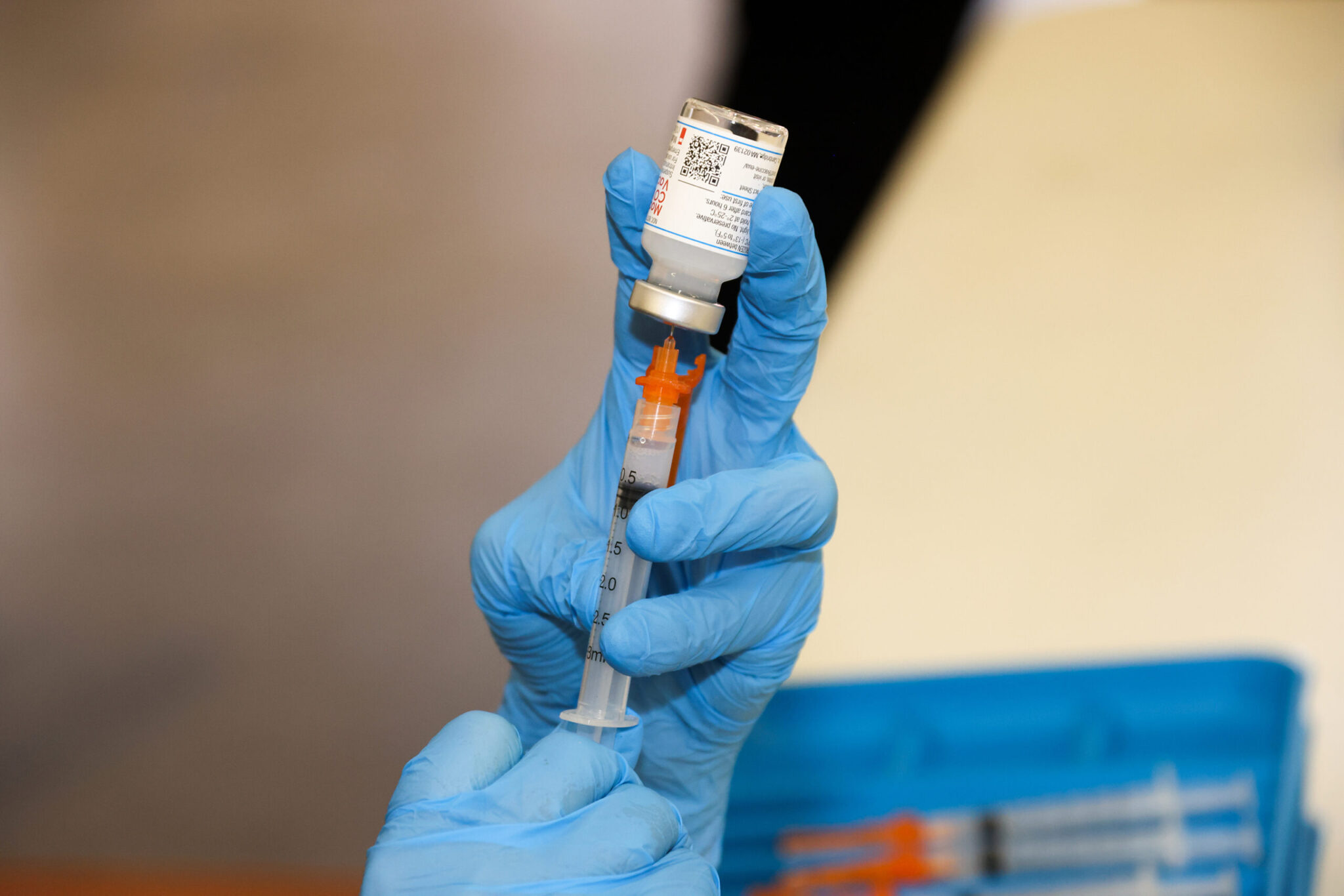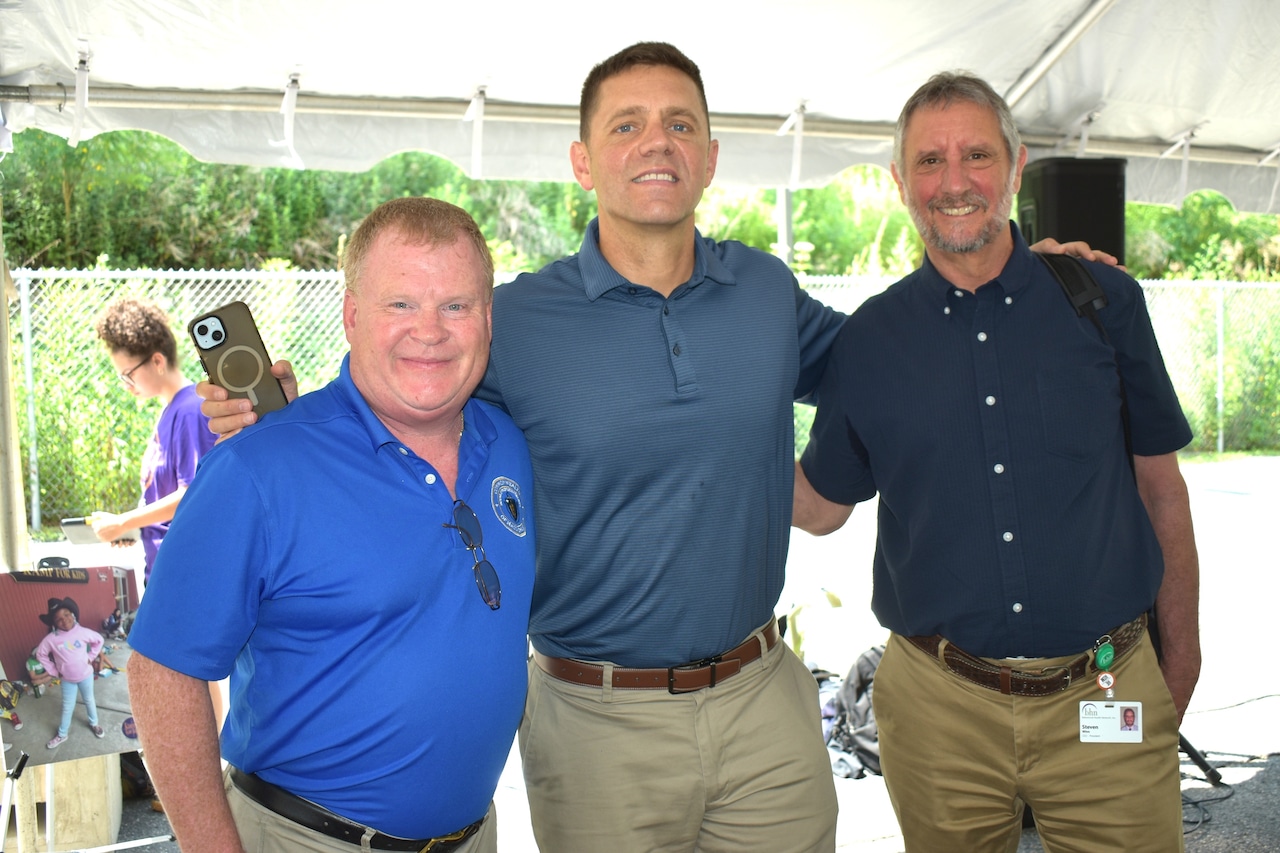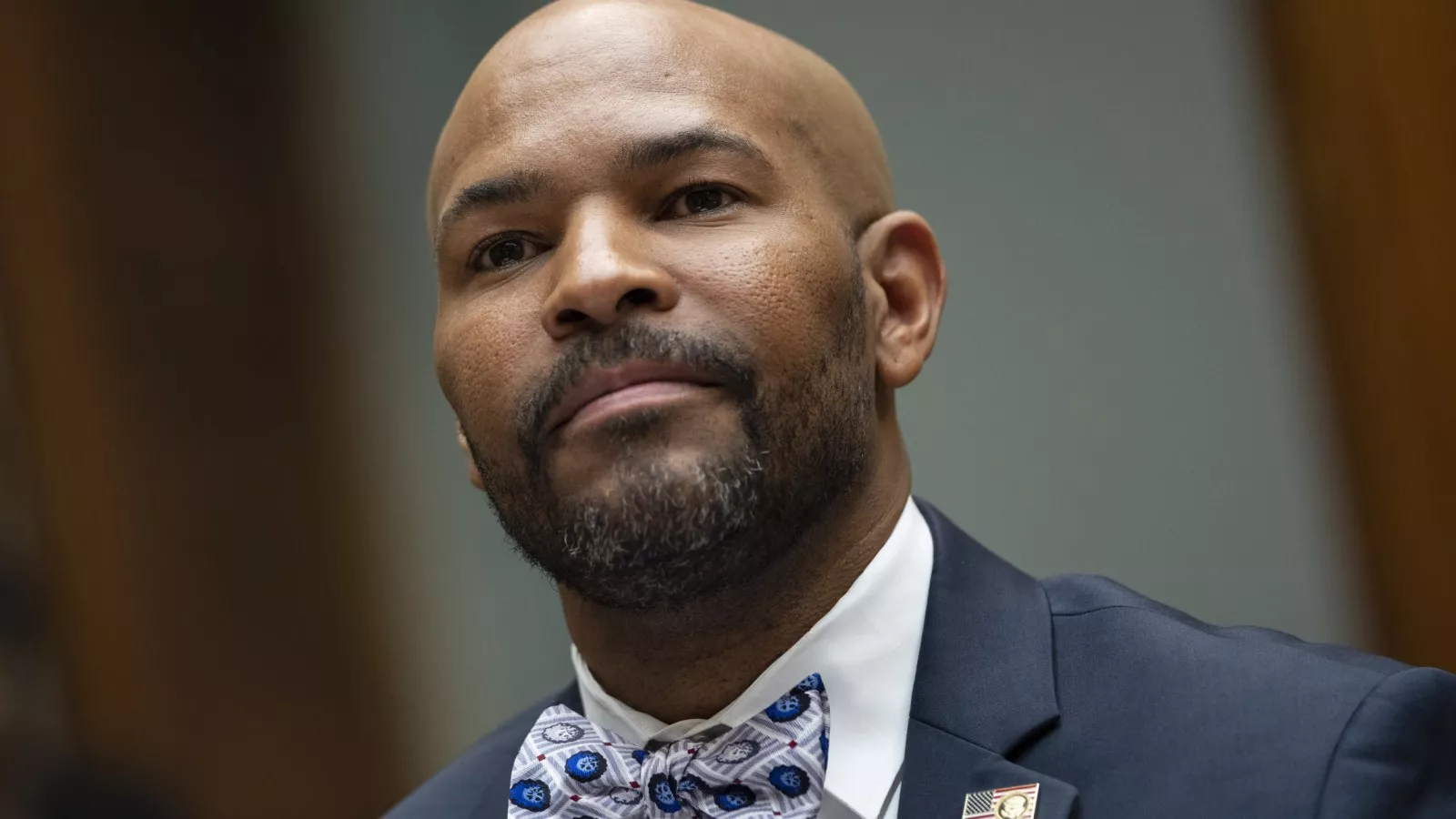Health Concerns Delay ICC Probe: Duterte's Legal Showdown Paused
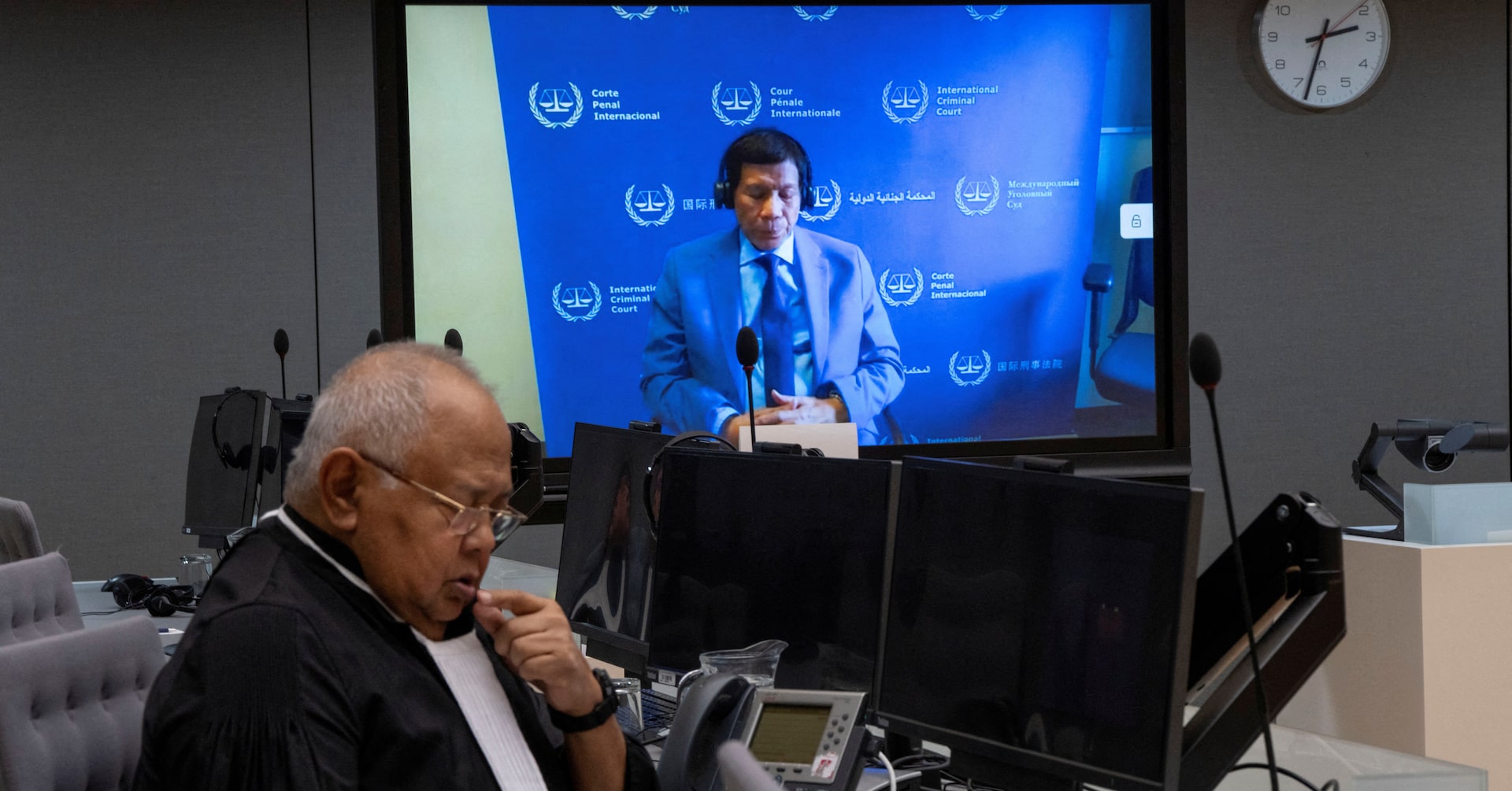
In a significant legal development, the International Criminal Court (ICC) has decided to pause hearings regarding potential charges against former Philippine President Rodrigo Duterte. The judges are taking a cautious approach, seeking to first assess whether the 78-year-old is physically capable of participating in the pre-trial proceedings.
The postponement reflects the court's commitment to ensuring a fair and comprehensive legal process, while also considering the health and capacity of the defendant. Duterte, who has been under scrutiny for his controversial war on drugs during his presidency, now faces potential international criminal charges that could have far-reaching implications.
This delay provides an opportunity for medical evaluations and further legal preparations, highlighting the complex nature of prosecuting a former head of state on international criminal allegations. The ICC's careful deliberation underscores the importance of due process and individual fitness in high-profile international legal proceedings.

